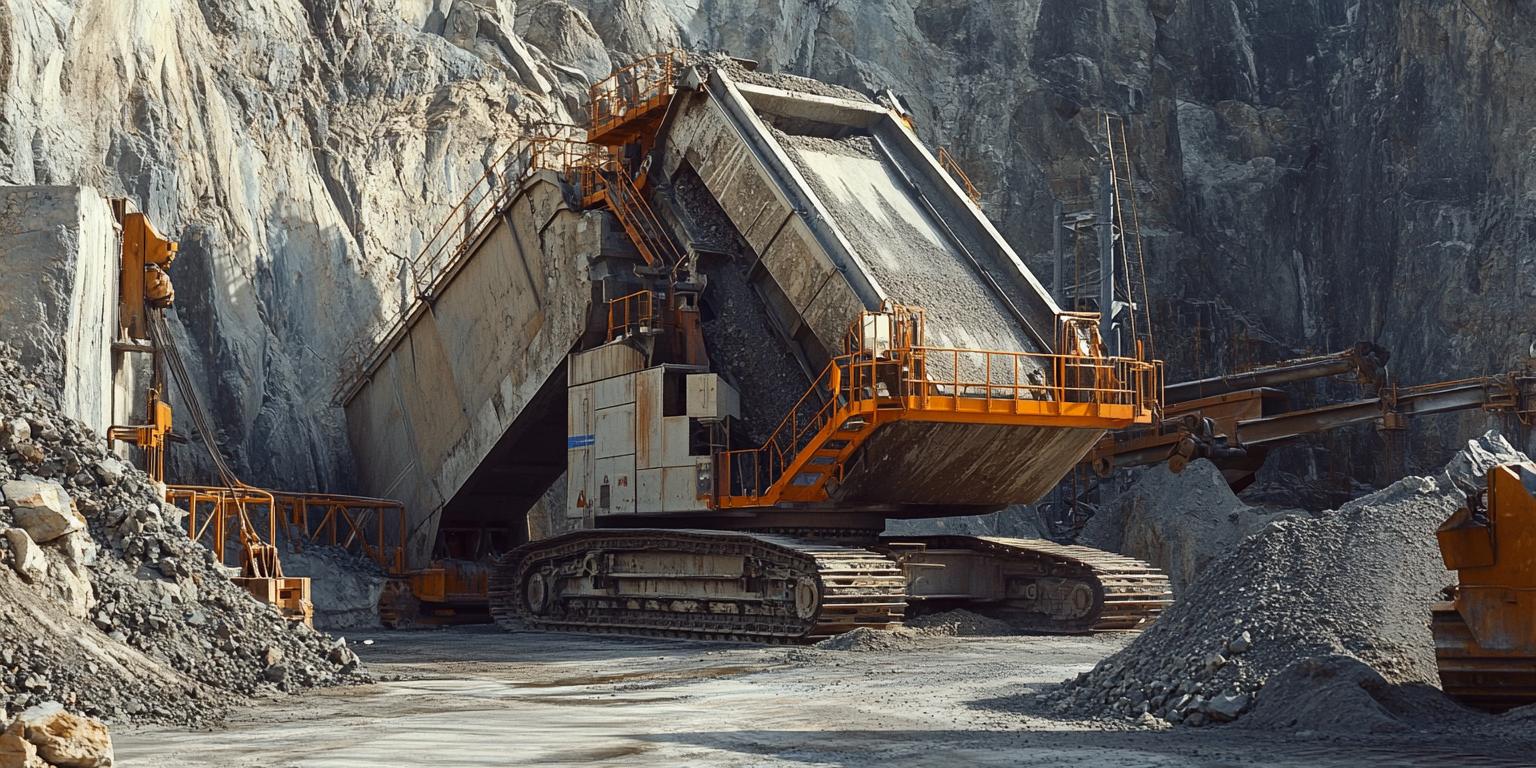In an ever-evolving construction landscape, the demand for cost-effective solutions is greater than ever. The MS series steel platforms leverage modular design to enhance their economic efficiency, making them an appealing choice for various construction projects. This article explores the key benefits of modular design and how it translates into cost savings and functionality improvements.

Modular design involves breaking down structures into smaller, manageable units or modules. This process allows for efficient manufacturing and assembly, enabling faster project completion. The MS series steel platforms embrace this approach, resulting in significant cost benefits through reduced labor expenses and shorter construction timelines.
One of the primary advantages of the modular design in MS series steel platforms is cost-effectiveness. By using standardized components, manufacturers reduce waste and improve resource management. Additionally, the ability to pre-fabricate components off-site minimizes on-site labor, leading to lower overall expenses.
The modular framework of MS series steel platforms not only cuts costs but also enhances functionality. Projects can benefit from increased adaptability, allowing for easy reconfiguration as project needs change. This flexibility is crucial in dynamic construction environments where requirements may evolve.
In conclusion, the implementation of modular design in MS series steel platforms significantly enhances their cost-effectiveness. By adopting this innovative approach, businesses can achieve substantial savings while gaining a competitive edge in the construction industry. Embracing modular design is a strategic move towards sustainable growth and efficiency.

